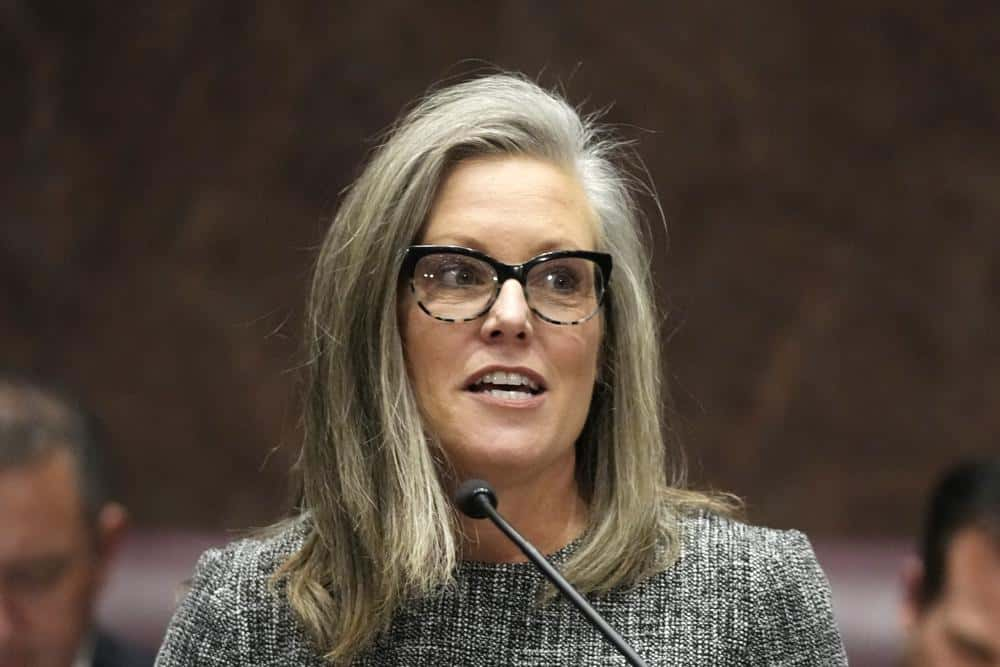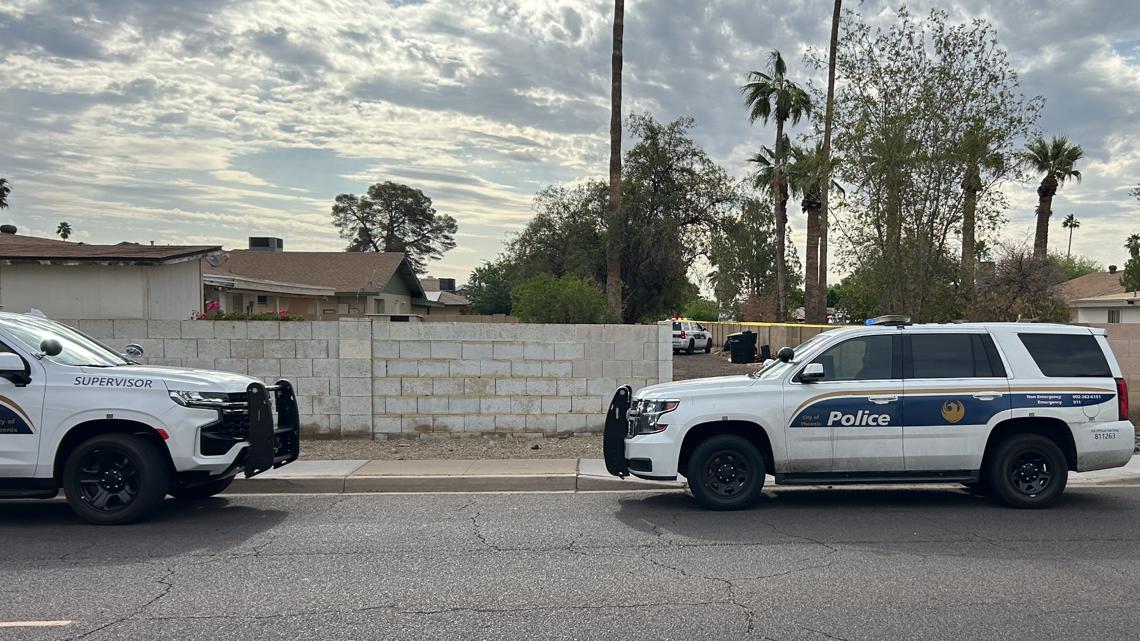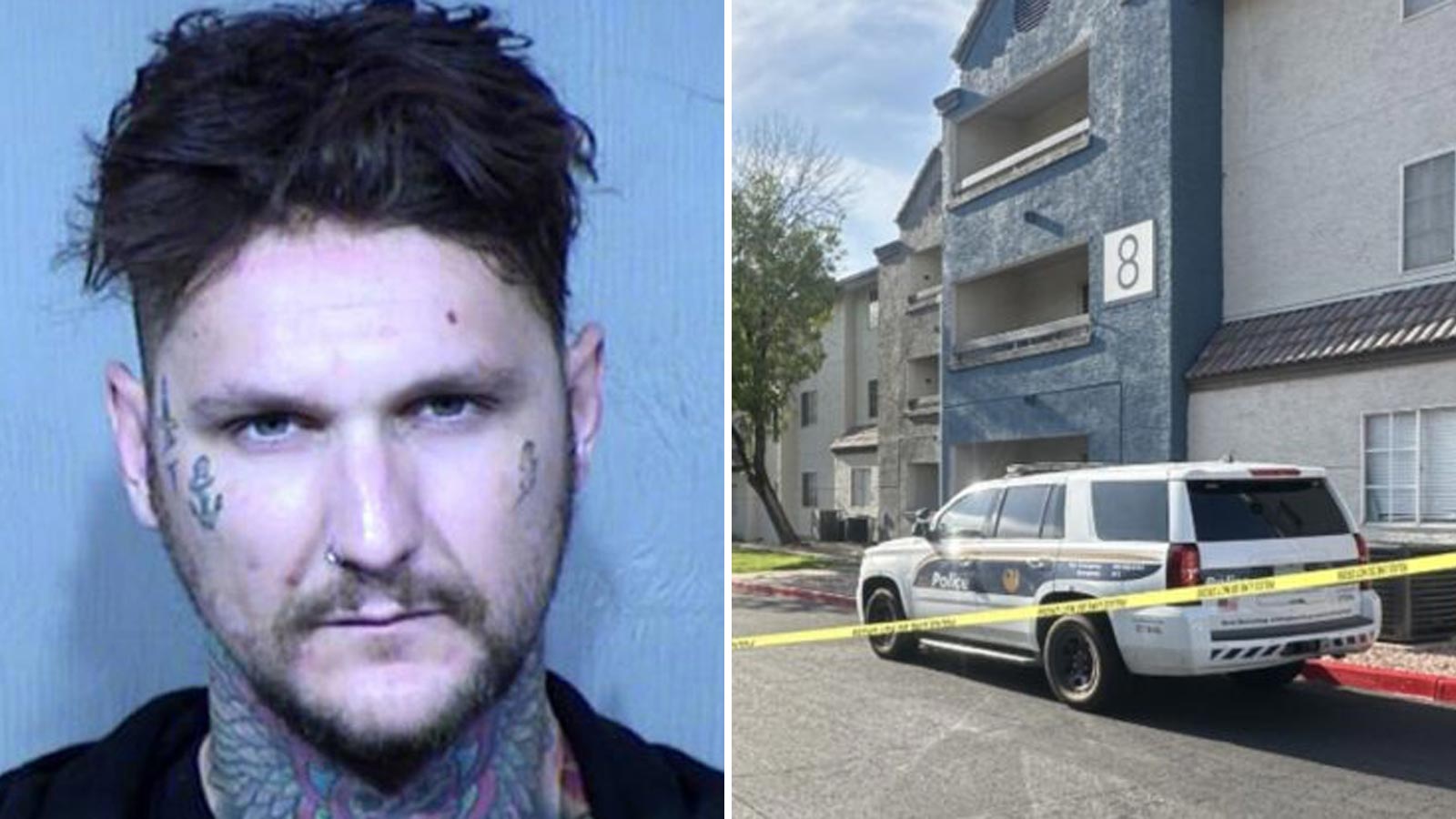The lawsuit against Arizona Governor Katie Hobbs, which claimed she exceeded her authority by refusing to execute a prisoner earlier this year, has been dismissed by mutual agreement between the attorneys involved. The lawsuit, which sought to compel the Democratic governor to carry out the execution of Aaron Gunches for his murder conviction, was unsuccessful in its attempt.
Governor Hobbs had ordered a review of the state’s death penalty protocols due to concerns about past mismanaged executions, and she committed to not proceed with any death sentences until there is confidence that the state can carry them out within the bounds of the law. The Democratic Attorney General’s office, headed by Kris Mayes, stated that it would not seek court orders for executions while the governor’s review of death penalty procedures is ongoing.
Leading up to the scheduled execution date of April 6 for Gunches, the state’s highest court had set, Governor Hobbs’s office reiterated that the state was not adequately prepared to carry out the death penalty. They cited a lack of staff with the necessary expertise, difficulty in finding an IV team for administering lethal injections, and the absence of a contract with a pharmacist to provide the required pentobarbital for the execution. However, a recent dismissal agreement, jointly filed by the attorneys representing both sides, disclosed the state’s progress in terms of execution readiness. It stated that the state had staff available for executions as of May 5 and would actively search for a compounding pharmacist.
Maricopa County Attorney Rachel Mitchell, the top prosecutor for the Phoenix metropolitan area, who filed the lawsuit against Governor Hobbs along with two relatives of the murder victim, explained that the civil case was resolved as it answered the question of the state’s readiness to carry out an execution. However, Mitchell left open the possibility of seeking court permission in the future to request execution warrants, typically done by the Attorney General’s Office. While the lawyers representing Hobbs maintained that only the attorney general could seek a warrant of execution, Mitchell argued that there was no existing case law stating that only the attorney general had the authority to make such a request. She expressed hope for a quick resolution from the governor’s office, considering the impact on the victims, but suggested exploring other options if necessary.
At the expiration of Gunches’s execution warrant, the presiding judge in the lower court overseeing the lawsuit stated that he could not issue or extend the order. Consequently, the warrant expired without the execution taking place. Gunches had previously pleaded guilty to a murder charge related to the shooting death of Ted Price, his girlfriend’s ex-husband, near the Phoenix suburb of Mesa.
Arizona, which currently has 110 inmates on death row, conducted three executions last year following an eight-year hiatus due to concerns over a botched execution in 2014 and difficulties in obtaining execution drugs. The state has faced criticism for delays in the insertion of the IV for lethal injection and for denying media access to witness the executions. As of now, there are no scheduled executions in Arizona.




